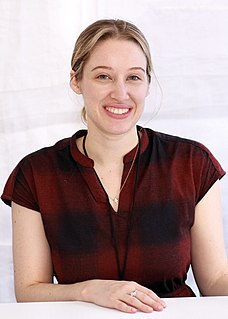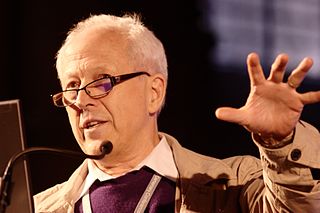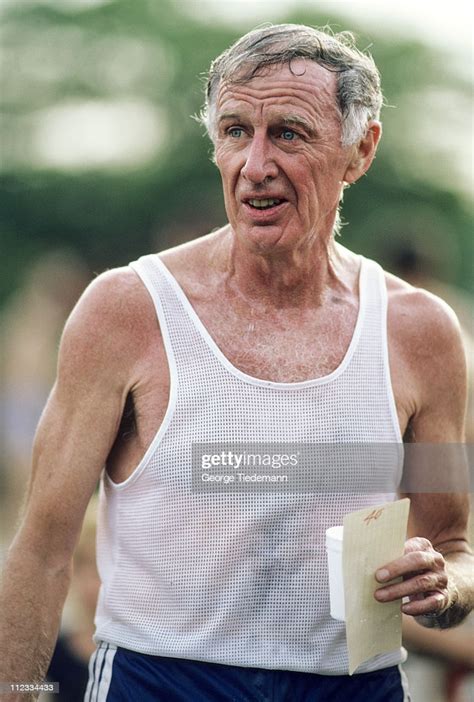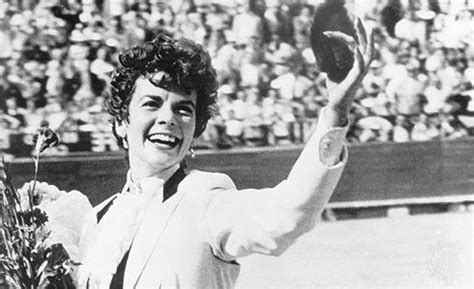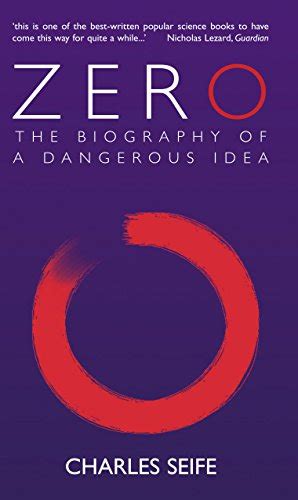A Quote by Northrop Frye
Between religion's this is and poetry's but suppose this is, there must always be some kind of tension, until the possible and the actual meet at infinity.
Related Quotes
There are those of us who are always about to live. We are waiting until things change, until there is more time, until we are less tired, until we get a promotion, until we settle down / until, until, until. It always seems as if there is some major event that must occur in our lives before we begin living.
Bullfighting is anachronistic - you enter into a bullring and you're leaving behind the values of the world outside the ring. I suppose that what I would want to acknowledge is that perhaps the tension, the crucial tension, isn't necessarily between the view of bullfighting as a tradition versus as an art form, but between the values inside the ring and the values outside the ring.
Zero is powerful because it is infinity’s twin. They are equal and opposite, yin and
yang. They are equally paradoxical and troubling. The biggest questions in science
and religion are about nothingness and eternity, the void and the infinite, zero and
infinity. The clashes over zero were the battles that shook the foundations of philosophy,
of science, of mathematics, and of religion. Underneath every revolution lay a
zero – and an infinity.
To infinity then. (Bubba) What’s that mean? (Nick) It’s something my dad used to say when I was a kid. To infinity, meaning you’d see something through to the end. (Bubba) Infinity is never-ending. (Nick) That’s right, which means you keep going and going no matter what happens or what obstacles you meet. Over, under, around or through. There’s always a way. And if you have to chase something to infinity, strap on your big-boy pants, hiking boots, and go. (Bubba)
What man needs is not just the persistent posing of ultimate questions, but the sense of what is feasible, what is possible, what is correct, here and now. The philosopher, of all people, must, I think, be aware of the tension between what he claims to achieve and the reality in which he finds himself.

